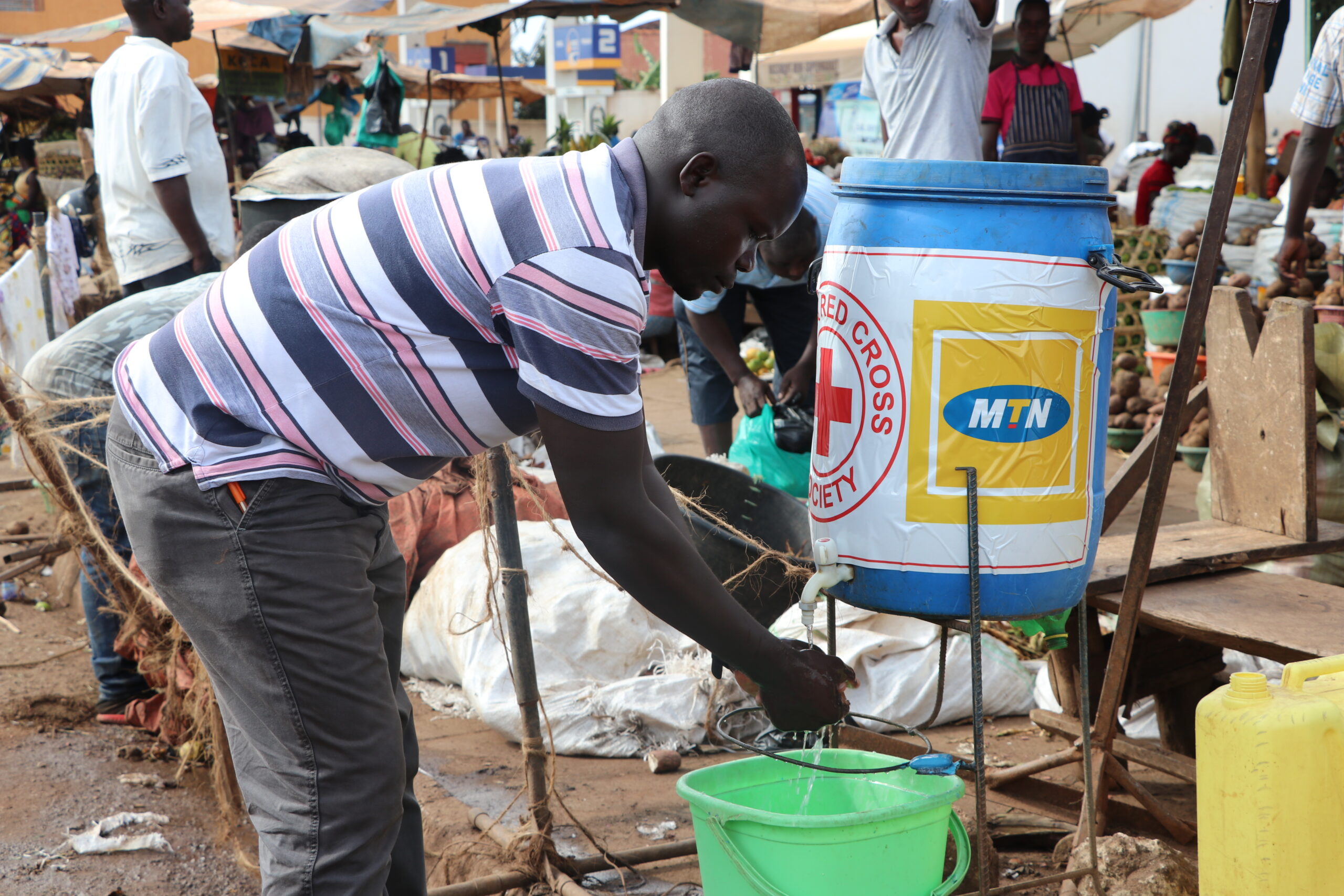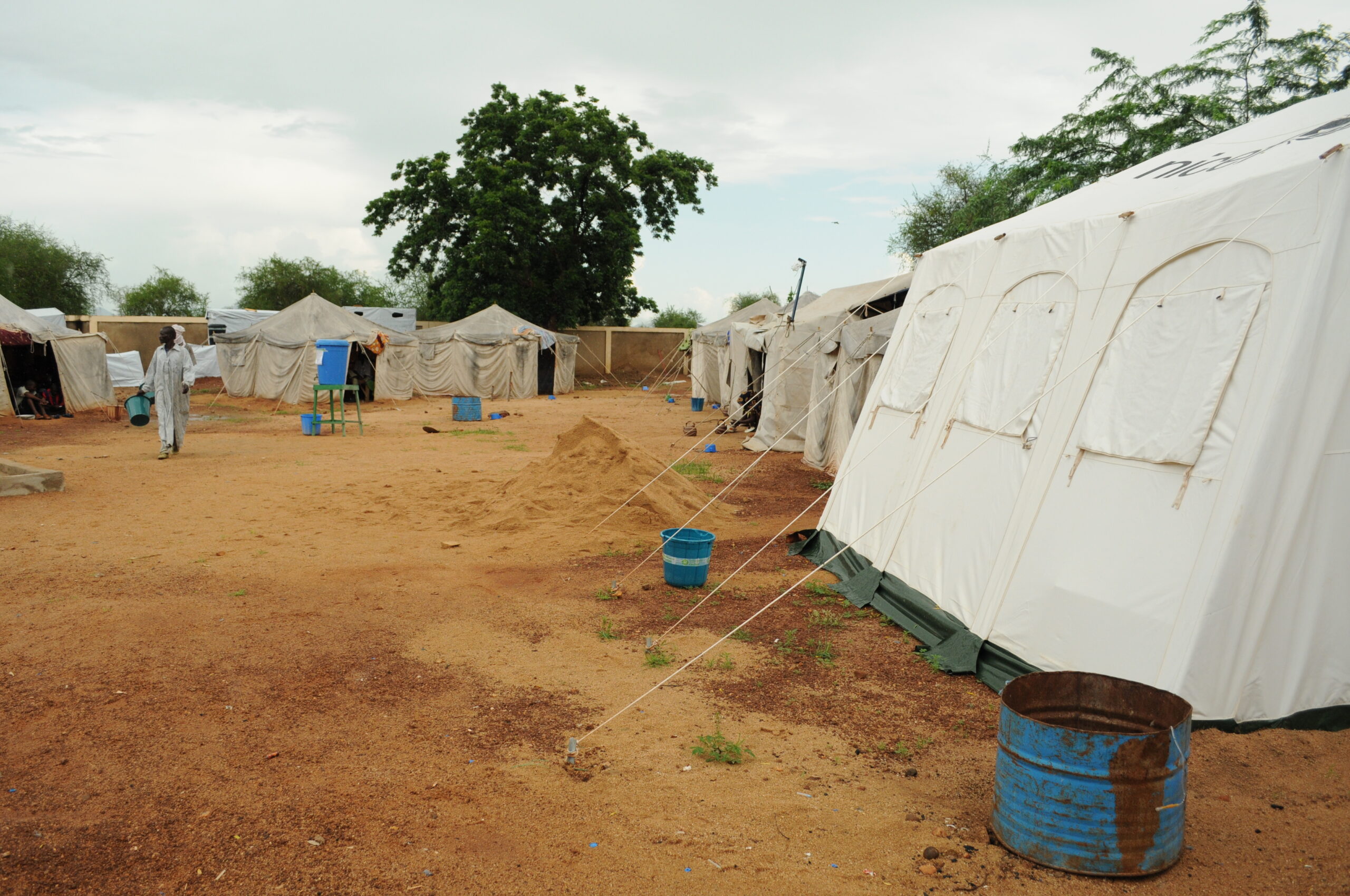Cholera
Key documentation and products developed by partners for supporting Community Engagement for Cholera Response

Situation
Since 2021, there has been an increase in cholera cases and their geographical distribution globally. In 2021, 23 countries reported cholera outbreaks, mainly in the WHO Regions of Africa and the Eastern Mediterranean. This trend has continued into 2022 with over 29 countries (Figure 1) reporting cholera cases or outbreaks. As of 30 November 2022, 16 of these have been reporting protracted outbreaks. Many of those countries reported higher case numbers and case fatality ratio (CFR) than in previous years. The average cholera CFR reported globally in 2021 was 1.9% (2.9% in Africa), well above acceptable (<1%) and the highest recorded in over a decade.
This year the number of cholera cases and cholera-associated deaths have surged globally following years of decline. Of particular concern are the outbreaks in 13 countries, which did not report cholera cases in 2021. Of these, some had not reported any cholera outbreaks for many years (between three and 30), and several are not considered cholera-endemic countries.i,ii The current situation represents a resurgence of the ongoing seventh pandemic of cholera which began in 1961.

KEY RESOURCES
A Rapid Assessment Tool: Monitoring Menstrual Hygiene Management Programming in Emergencies
PHAST training and information
Practical Approaches – Rapid Appraisal of Key Health-Seeking Behaviours in Epidemics
Practical Approaches – Rapid Anthropological Assessments in the Field
Practical Approaches – Rapid Remote Context Analysis Tool (RR-CAT) in Epidemics
Cholera Roadmap January 2021
Cholera Quantitative Questions Bank Community Quant 2
Cholera Questions Bank – Qualitative questions for responders
Cholera Questions Bank – Qualitative questions for community level data collection
Social, behavioural and community dynamics related to the cholera outbreak in Malawi
Lessons Learned Summary – Social Science Lessons Learned from Cholera Epidemics
Core questions on water, sanitation and hygiene for household surveys
Social, behavioural and community dynamics related tothe cholera outbreak in Malawi
Behavioural and socialdrivers of vaccination
Cholera Roadmap – January 2021 – Research Agenda
Ending Cholera – A Global Roadmap To 2030
Rapid response teams: A UNICEF experience
Lessons Learned Summary – Social Science Lessons Learned from Cholera Epidemics
Guide for Developing an SBC Strategy
Cholera Outbreak Response – Field Manual
Identifying transferable lessons from cholera epidemic responses, Malawi and the Democratic Republic of Congo, 2015 – 2018: a scoping review
BHA Builidng Trust – Haiti : Interim report (Jan 2023)
Regional Framework For The Implementation Of The Global Strategy For Cholera Prevention And Control
Identifying transferable lessons from cholera epidemic responses, Malawi and the Democratic Republic of Congo, 2015 – 2018: a scoping review
Distribution of hygiene kits during a cholera outbreak in Kasai-Oriental, Democratic Republic of Congo: a process evaluation
Health-seeking behaviours in Sofala and Manica in relation to cyclone Idai response
Rapid response teams: A UNICEF experience
Social, behavioural and community dynamics related to the cholera outbreak in Malawi
Lessons Learned Summary: Social Science Lessons Learned from Cholera Epidemics
Social, behavioural and community dynamics related to the cholera outbreak in Malawi
Case Study: Enhancing Community, Engagement Through; Data Collection: Controlling the Cholera, Epidemic in Mozambique
Community-Based Health Survey in Liberia, Part 1: A Quantitative Study
Cultural influences behind cholera transmission in the Far North Region, Republic of Cameroon: a field experience and implications for operational level planning of interventions
Innovative vaccine delivery strategies in response to a cholera outbreak in the challenging context of Lake Chilwa. A rapid qualitative assessment
Innovative vaccine delivery strategies
A rapid qualitative assessment of oral cholera vaccine
KNOWLEDGE HUBS ON CHOLERA
Example Link #1
Tools and learning on Cholera Control from GTFCC
Global Task Force on Cholera Control
Tools and learning on Cholera Control from GTFCC

